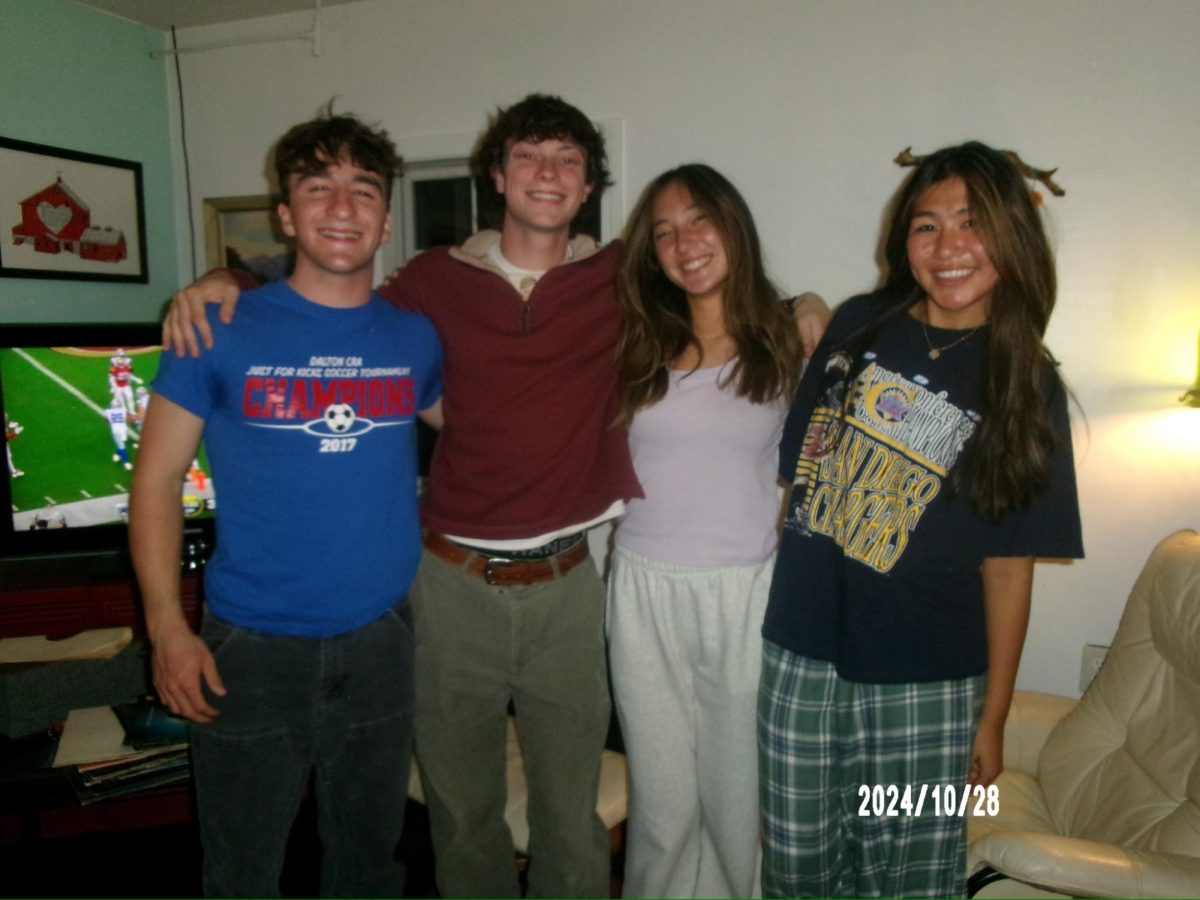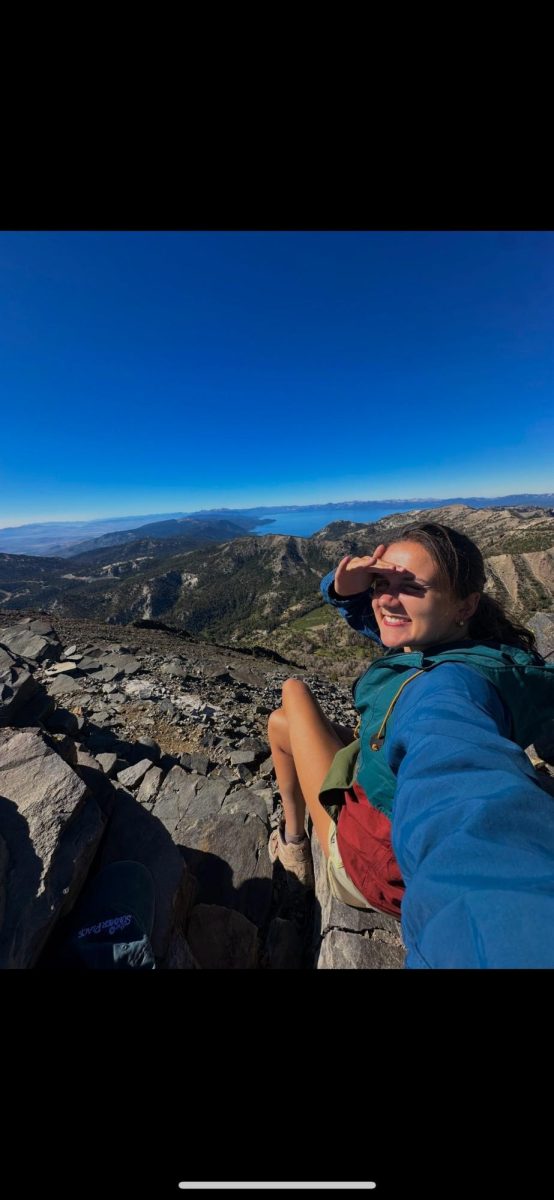A senior thesis represents the culmination of many students’ academic journeys at the College. But this year, like most other aspects of College life, the senior thesis process has been heavily affected by COVID-19.
For Anne-Sophie van Wingerden ’20, whose comparative literature thesis focused on a 19th century book about a Dutch civil servant in Indonesia, the biggest loss was not being able to have the same kind of informal conversation with her thesis advisor online as she could have in-person. On campus, a conversation between van Wingerden and her advisor about her thesis would easily flow into other topics. “When you’re talking on Skype … it feels kind of awkward,” van Wingerden said. “It’s like, ‘Well, we have taken care of what we were here to take care of.’ It’s a lot harder to just … branch into a natural conversation.”
Christian Lockwood ’20, an astronomy major, also lamented the difficulty in interacting with his thesis advisor after the shutdown. On campus, Lockwood would meet with his advisor twice a week for roughly an hour each. After leaving campus, the majority of their communication occurred over email. “He would make comments on my thesis and send it in an email,” Lockwood said. “It [was] difficult to make final edits … because [the process became] so piecemeal.”
Tania Calle ’20, who is working on a political science thesis about the effects of punitive immigration policies on the health of Latinx populations, struggled with the emotional impact of the pandemic and the transition to remote learning. After President Maud S. Mandel’s March 11 announcement, Calle said she put her thesis on hold for two weeks as she grappled with her overwhelming “feelings about what was happening in the world and around [her].” She focused on getting closure on her college experience and saying goodbye to her friends and professors.
For some students, the change in environment caused by campus closure affected work mentality. After moving back home, Danielle Moore ’20 found it difficult to focus on her thesis work. Moore, who is studying environmental studies, said that her worries about going to the grocery store and keeping her family safe were hard to balance alongside the demands of her thesis.
Kenneth Marshall ’20 on the other hand, who completed a history thesis, considered himself lucky because the transition for history thesis candidates was relatively smooth. “We had a small cohort of three people,” Marshall said. “It was very easy for us to move the defenses to an online Zoom format. We still had really great, personalized discussions.”
For other departments, the transition was not as effortless. A theatre thesis by Caroline Fairweather ’20 involved writing, directing and performing in a show with a cast of six people. The show was originally supposed to be performed on April 24 and 25, but that changed once the decision to shut down the College was announced on March 11. That night, Fairweather said she and her cast had a rehearsal where they “basically … organized the whole show.” Then they performed a version of the show two days later.
Fairweather used video recordings of the show and other documentation to write a progress report paper, and she also created a website which “acted as a portfolio and represented a digital version of the show,” she said.
Jack Coyne ’20 also changed the nature of his art history thesis after the campus closure. Coyne, who relied on books, especially from the Clark Research Library, had to shift to using online archived journals when libraries closed shortly after the shutdown. “The average length of the texts I analyzed probably went from 200 pages to 10 pages,” Coyne said. “I covered aspects maybe in a little bit less depth but covered a larger period of time.”
The College’s move to a universal pass/fail grading system for the Spring 2020 semester meant that for year-long theses, only students’ thesis work during the fall semester would be awarded a letter grade. For Fairweather, “It’s a little weird knowing that all of the work that I’ve done amounts to … a pass.” However, Fairweather added that due to the massive scope of her project, “The network of people I was working with was so huge that by the time we were in rehearsal, I wasn’t even thinking about the grade anymore.”
Marshall expressed hope that graduate school admissions would not be affected too much despite the changes to thesis grading policies. “I think having a thesis in hand will be the most valuable thing in the process,” Marshall said. “The whole world will have to learn to understand the situation we’re all in as graduates. I have faith that people will be treated alright.”
All the seniors interviewed above were able to complete their theses successfully. Calle was thankful to her friends and her partner for calling and checking in on her as she worked. “My partner and I are both writing political science theses, so we occasionally called when we were writing together,” Calle said. “We’re here, and [the thesis] is submitted, so I’m feeling much better.”






